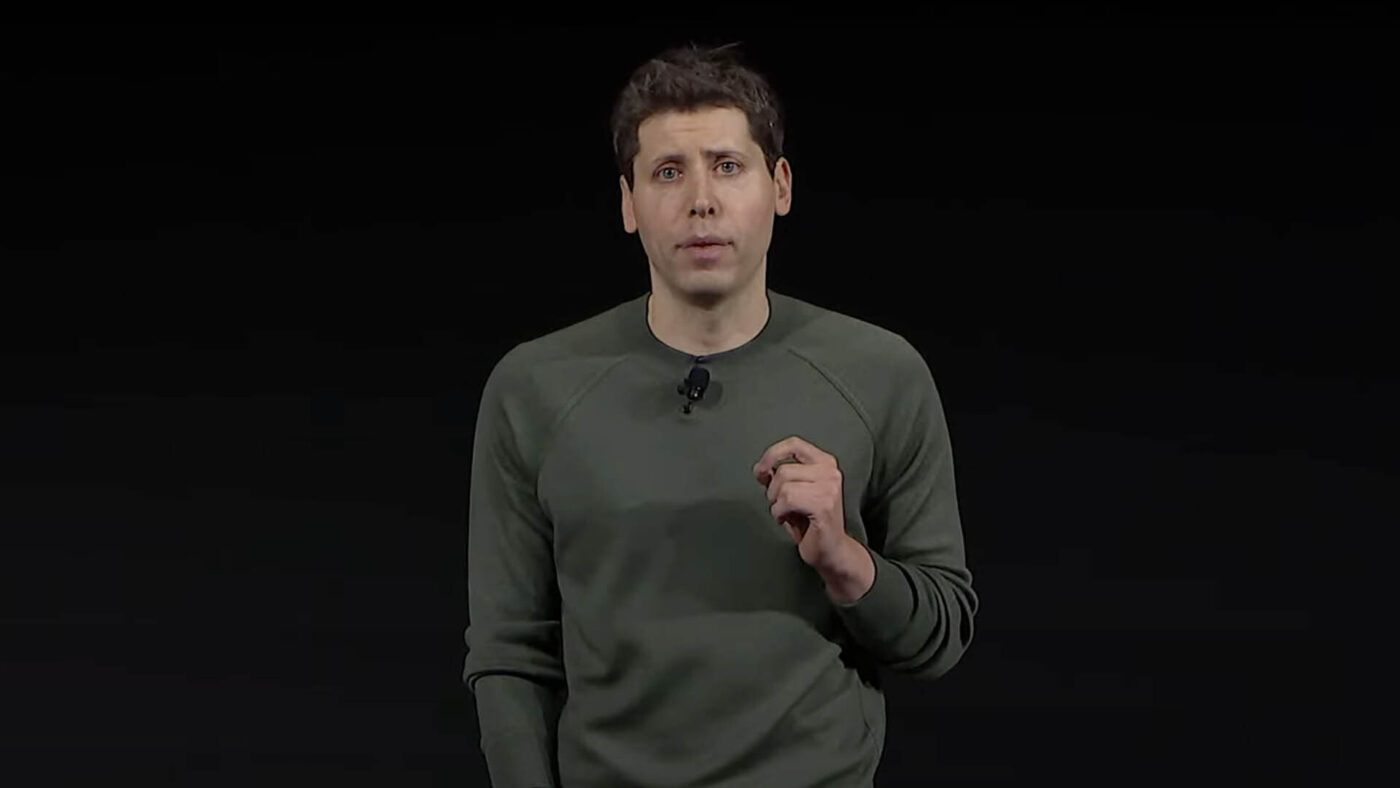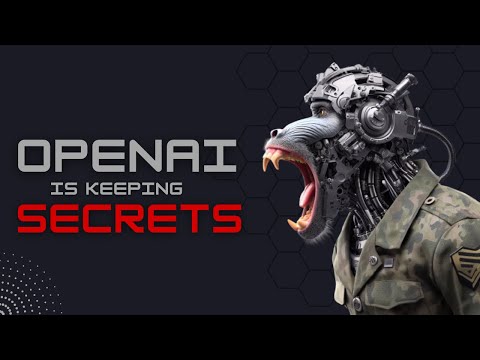Sam Altman, the co-founder of OpenAI, has returned to the position of CEO after a surprise departure, opening a new chapter in the last week's saga, which was full of interesting information. What is actually happening and what can we legitimately worry about?
After the event DevDay are at OpenAI removed some limitations and fuses AI systems, which is a guarantee improved performance of ChatGPT. Many users have noticed and report that ChatGPT he is now less disruptive in his tasks and no longer creates these "control" intentional errors. Although these sometimes annoyed users in the past, they prevented the "robotization" of certain tasks. In practice, this means that it would ChatGPT could become extremely reliable in many tasks as it does not use the previous fuses. For example, I would not make deliberate mistakes when writing articles like this one. It is earlier ChatGPT intentionally changed numbers and certain factual information, making it impossible to use blindly as it needed human supervision. From DevDay furthermore, the system shows exceptional stability and regularity, which, according to many, enables a revolutionary leap in application possibilities.
With the option to additionally create our own customized ChatGPTs, we can now load our own knowledge and information base onto it and make it a true knowledge wizard. This is again a kind of revolution, comparable to the presentation itself ChatGPT just over a year ago. Custom ChatGPT thus becoming your personal legal advisor, tax expert, proofreader and even a language teacher that you can program with just a few clicks. Just upload the PDF of the Criminal Code, the Law on Civil Procedure to him and in an instant you have "your" digital lawyer for only 19.55 euros per month.
At the center of the controversy that marked Altman's recent ouster and reinstatement as CEO OpenAI, is therefore a fundamental disagreement about the speed and manner of development of artificial intelligence. A key aspect of the dispute relates to Altman's approach to testing and introducing new services and services in business Open.AI.
Altman advocates rapid development and public deployment of AI, which means he is favored testing progress in realistic circumstances and directly with users, rather than taking place exclusively in laboratory conditions. This approach is based on the belief that public and real-world stress testing of AI is critical to the refinement and safety of the technology. Altman believes that this way we can identify and fix problems faster and more efficiently and improve AI Altman, to put it bluntly, is not in favor of artificial intelligence that a human cannot rely on.
On the contrary, it is part of the community, including some leaders in the OpenAI, expressed concern that such an approach could compromise security. The concern is that the rapid introduction of insufficiently tested AI technology into public use may lead to unpredictable and potentially harmful consequences. This group advocates a more cautious approach that involves thorough testing and development of technology in a controlled laboratory environment before releasing it to the general public.
It is clear to everyone that it is not so much a matter of technological barriers, but above all a social issue of the influence of artificial intelligence. With the automation of processes, which is possible by removing safeguards, many jobs are at risk, including in journalism. There, daily writing could be assigned to an AI that has access to a vast database and does not make human errors. Of course, the question of control over this power arises here, even at the political level, and only at the end the question of whether artificial intelligence is really more dangerous to the world than atomic energy, which has brought both bad and good.
This split in opinion over the best way to develop and deploy AI was at the heart of a recent dispute at OpenAI that led to Altman's departure and reappointment as CEO. The debate reflects a broader dilemma in the AI community about the balance between innovation and security as the technology evolves rapidly.








